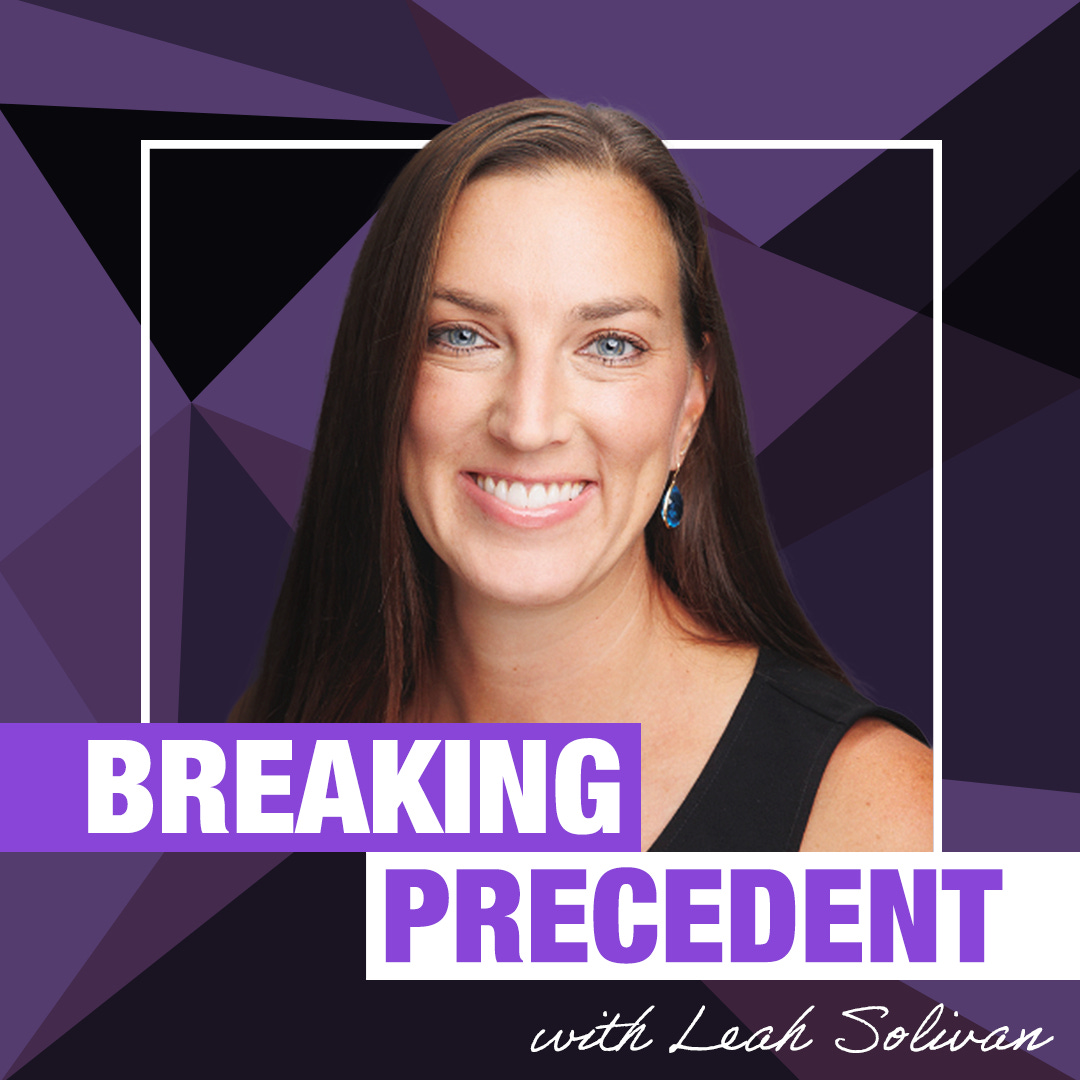Are You Climbing the Right Mountain?
Breaking precedent isn’t just about rebelling for the sake of it. It’s about the courage to stop mid-climb, look up, and ask: Is this even the right mountain?
In the startup world—really in any ambitious career path—we get so good at optimizing. We streamline. We iterate. We hustle. We get lean, then we get scrappy, then we get “laser-focused.” And eventually, if we’re lucky, we reach a peak. But what happens if, once you reach that summit, you turn your head... and realize there's an entirely different and higher mountain range in the distance you didn’t even know existed?
That’s exactly what launching TaskRabbit in London felt like.
It was 2012, and we had $20 million in the bank. The team was executing well, the dashboards looked solid—but growth was slowing. Quietly, I started to ask myself: What if we’re scaling the wrong thing? We had spent months optimizing our customer acquisition funnels, plugging every leak, refining every step. We were getting really good at the climb. But I wasn’t sure we were on the right mountain.
That moment forced a kind of altitude check. I’d been so focused on building a scalable, repeatable model—something that looked good, felt right, and made investors happy—that I hadn’t asked the deeper question: Is this the model that actually gets us where we want to go?
In my Breaking Precedent interview with Jes Wolfe, she captured this exact feeling:
“Sometimes you climb the mountain you're told is success, and at the top you realize—that wasn’t even your mountain.”
Jes had climbed fast in the corporate world—title, salary, prestige—but each milestone felt increasingly hollow. It took a full stop and some serious self-reflection to realize she needed a different path. She didn’t need a faster route up—she needed a new peak entirely.
And that’s what we did in London.
We scrapped everything. Threw out the old codebase. Questioned every assumption. We asked ourselves: If we were building TaskRabbit from scratch today, what would it look like? What would we prioritize? Who are we building this for?
It was more than a product pivot. It was a philosophical reset. And it’s what ultimately got us to profitability—and paved the way to our acquisition by IKEA.
Breaking precedent means giving yourself permission to pause. To question. To make sure you’re not just chasing efficiency, but aiming for meaning. It means checking the altitude and asking, Am I climbing a mountain that matters to me, or just the one I know how to climb?
So wherever you are—in your startup, your career, your life—take a second. Look around. Is there a bigger, bolder mountain in the distance?
Because optimizing your way to the wrong peak is still losing.
Break precedent. Choose the right mountain. And then climb like hell.

